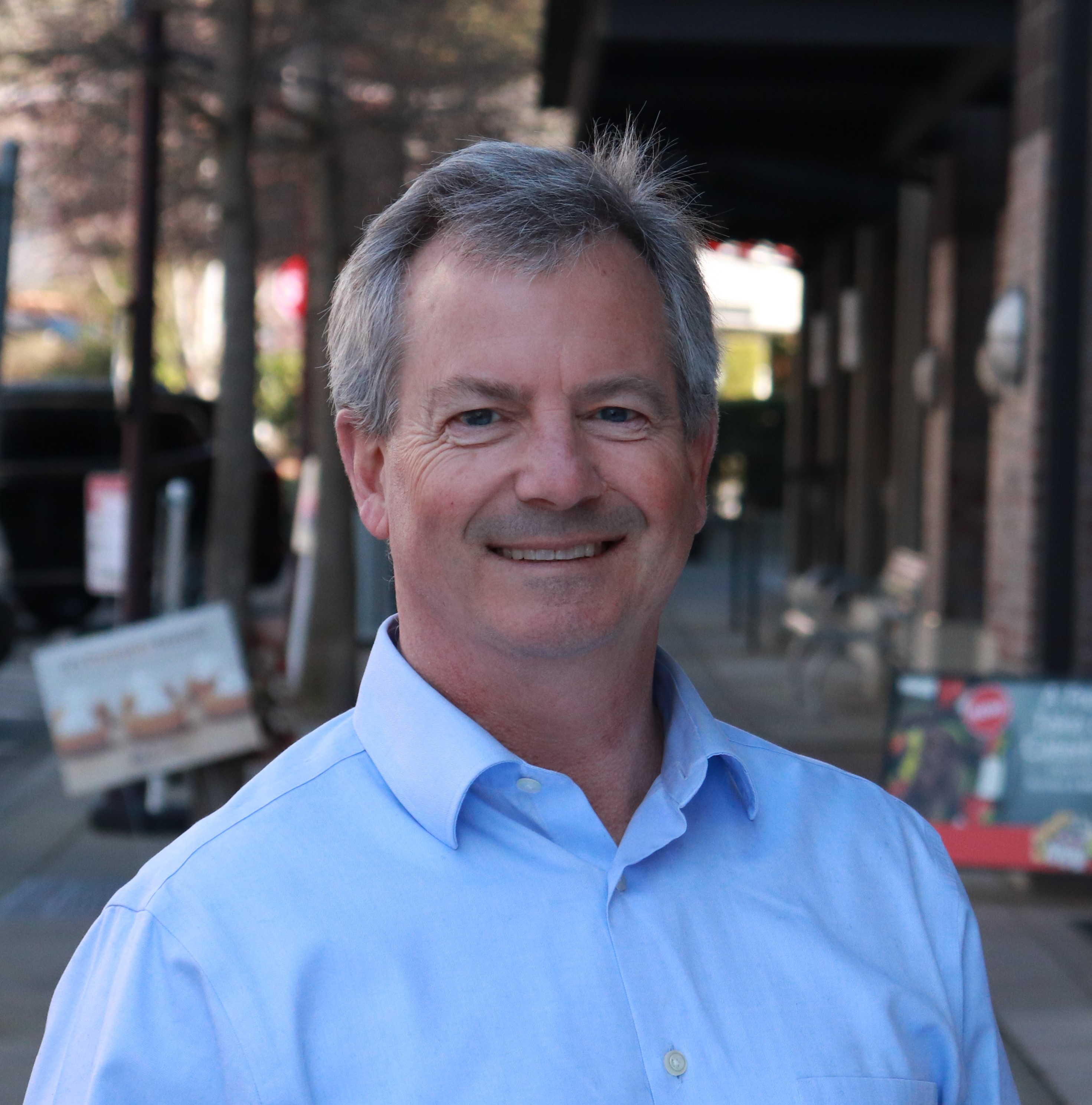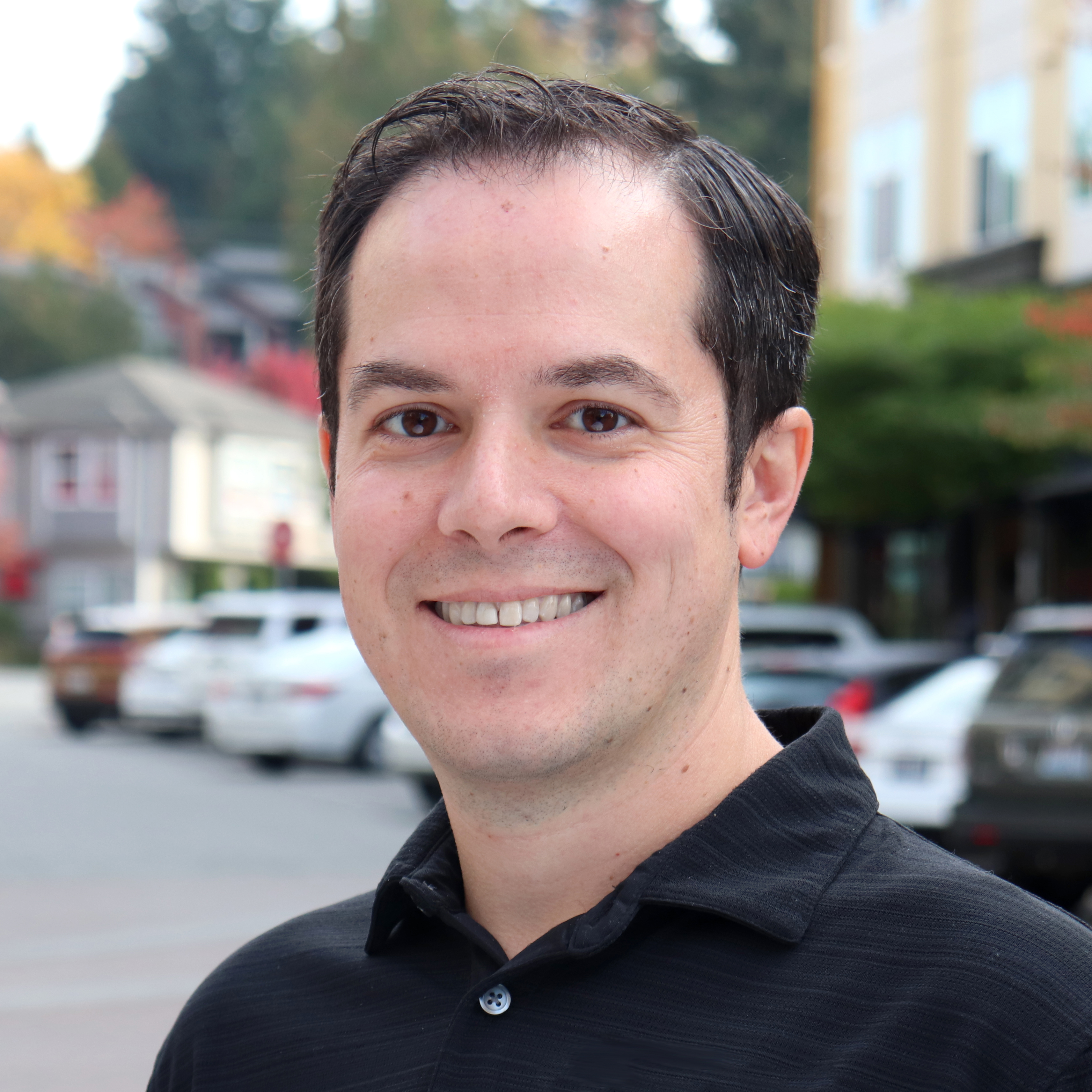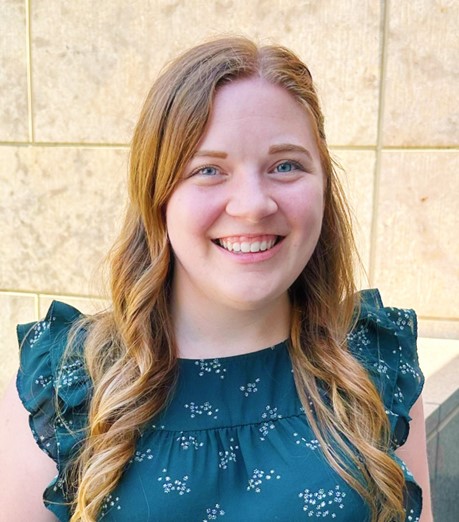- About Us
- Events & Training
- Professional Development
- Sponsorship
- Get Involved
- Resources
Improving Transportation Safety, Equity, and Sustainability in WashingtonSession 2C | Wednesday | 2:45 PM – 4:00 PM (PT)
Come learn how city, county, and regional agencies in different parts of western Washington are creating Comprehensive Safety Action Plans (CSAP) to improve:
 Chris Comeau, FAICP Chris Comeau, FAICP
Senior Transportation Planner, Transpo Group Consulting
 Brett A. Schock, AICP Brett A. Schock, AICPSenior Project Manager, Transpo Group Consulting
Brett is an engineer and planner with more than 20 years of experience in the public sector and consulting, focused on creative methods to improve transportation safety. In the last 10 years, he has managed the planning, design and construction of active mode facilities in citywide networks, and priority corridors for safety and connectivity throughout western Washington. He is skilled at using both full-scale design and low-cost/high-impact methods to leverage agency assets, develop and compare alternative approaches, and help cities realize the most benefit from the investment of capital resources. Brett has produced dozens of Local Road Safety Plans for cities and counties and is currently working to complete or upgrade to Comprehensive Safety Action Plans for many of his agency clients.
 Mary L'Heureux Mary L'Heureux
Transportation Planner, City of Redmond
Mary is a transportation planner for the City of Redmond with a goal of addressing transportation opportunities to increase public health throughout the City. After receiving master's degrees in urban planning and public health from Portland State University and Oregon Health and Science University she joined the City of Redmond Transportation Planning and Engineering team to merge her interests in transportation planning and community health. Mary utilizes her expertise in both planning and public health to facilitate community engagement for the Redmond Transportation Master Plan, lead the Redmond SchoolPool program and Redmond Pedestrian and Bicycle Advisory Committee, and assist with the development of other transportation plans for the City including the City of Redmond Comprehensive Safety Action Plan. Her goal is to ensure that all visitors and residents of Redmond can safely and efficiently move about the community, regardless of physical ability or access to personal vehicles.  Hugh Conroy, MPP Hugh Conroy, MPP
Director, Whatcom Council of Governments
Hugh Conroy is director of the Whatcom Council of Governments (WCOG), a small (staff of nine) metropolitan planning organization (MPO) covering Whatcom County, WA. He has been at WCOG since 1997 where he has worked on regional coordination of U.S.-Canada cross-border transportation planning (The International Mobility and Trade Corridor Program -- IMTC), long range regional transportation planning, and county-wide approaches to transportation demand management (Whatcom Smart Trips) and safer roads.
|

